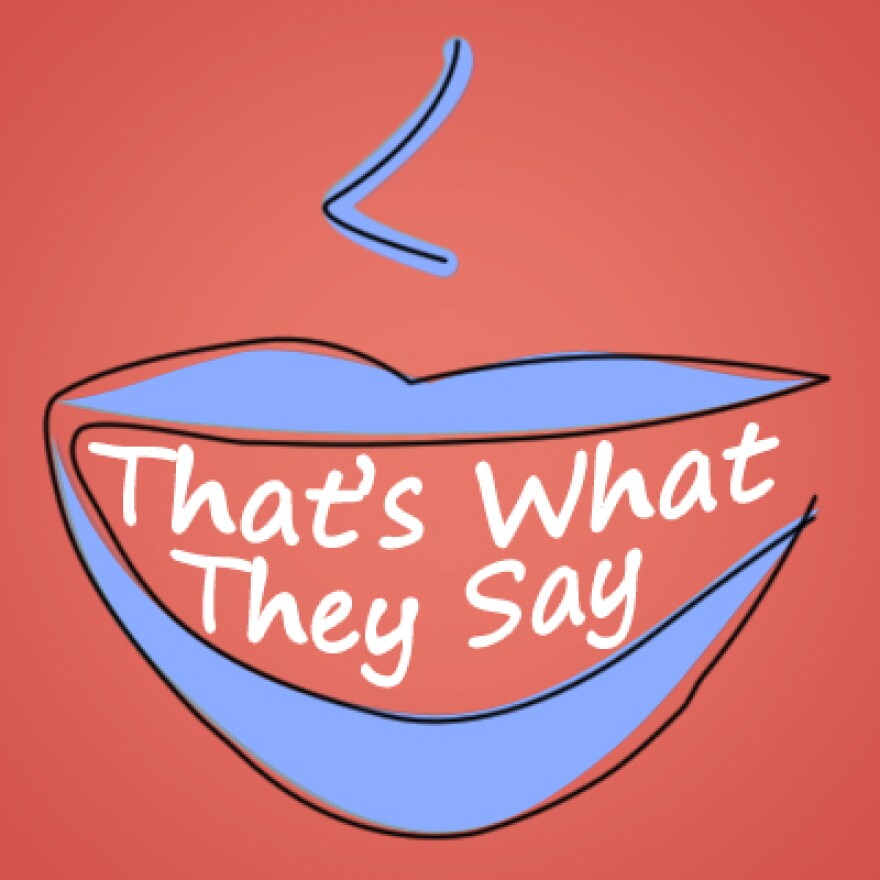The word "party pooper" is clearly slangy, but maybe it's also a little bit taboo.
This week on That’s What They Say host Rina Miller and University of Michigan English Professor Anne Curzan look at the origins of the term party pooper.
Party pooper has been in our lexicon for decades. The expression first shows up in the late 1940s among college students. A few years later, an article in Newsweek acknowledged the popularity of the term, stating, “Party pooper has taken the place of wall flower or wet blanket.”
Despite the prevalence of the term, the origins are still unknown. Curzan explains three possible etymologies.
“One possibility is that the poop in party pooper comes from the verb ‘to poop,’ meaning ‘to tire’ or ‘to exhaust,’” Curzan cites. “This is where we get the expression ‘I’m pooped’ as in ‘I’m tired.’”
Another plausible explanation is a connection between party pooper and the phrase “to pooh-pooh.” A speaker disdains something he or she “pooh-poohs,” which could describe the negative connotation of a party pooper.
Finally, party pooper could come from poop’s defecation definition.
This taboo verb has an interesting etymology itself. “[To poop] originally meant ‘to produce a short blast of sound,’” Curzan describes. “From here, it came to mean ‘to break wind,’ and from there, it came to mean ‘defecate.’”
The term party has also changed over the years since it came into the English language around 1300. Party originally means “a division of the whole” or “a part.” This sense of the term still exists when referring to political parties. It is not until 1707 that party refers to social gatherings.
What slang terms would you like Curzan to investigate? Tell us by commenting on our website or Facebook page.
-Clare Toeniskoetter, Michigan Radio Newsroom




